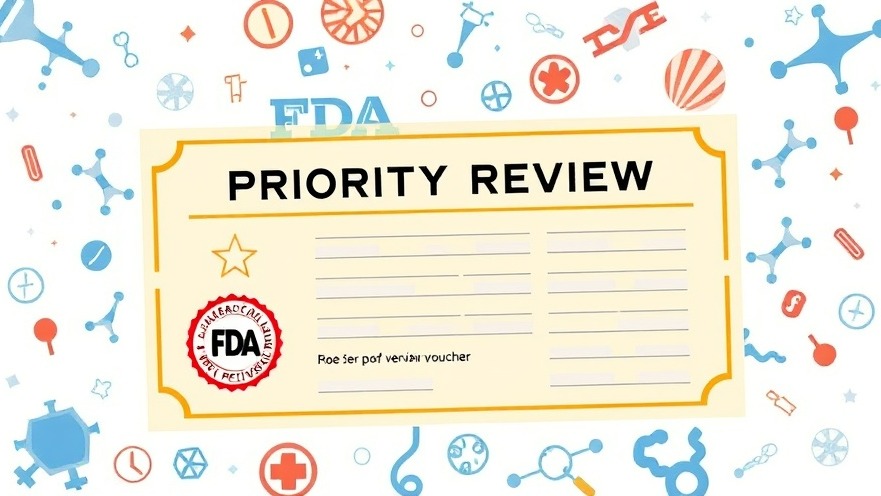
Understanding Obesity: Beyond Personal Choices
Obesity is increasingly recognized as a multifaceted issue that transcends mere personal lifestyle choices. Recent predictions indicate that by 2035, approximately 4 billion people will be living with overweight or obesity, equating to nearly half the world’s population. This staggering figure underscores a pressing need for public policy intervention. The World Obesity Atlas 2023 suggests that the economic burden of obesity will approach $4.32 trillion globally, representing about 3% of the world’s GDP.
The Systemic Roots of Obesity
The prevalence of obesity stems from a complex interplay of genetic, environmental, social, and economic factors. These include not just individual behavior, but also disparities in access to healthy foods, the prevalence of obesogenic environments, and aggressive marketing of unhealthy food products. Notably, high-calorie foods are often more accessible and affordable than healthier options, which creates barriers for lower-income populations. This situation calls for an understanding of obesity not merely as a result of personal failings, but as an issue deeply embedded in public health systems and societal structures.
Policy Solutions for Obesity Management
Effective strategies require broad, multi-sectoral approaches that involve collaboration among government entities, healthcare providers, and communities. The Centers for Disease Control and Prevention (CDC) emphasizes the importance of affordable access to nutritious food and safe environments for physical activity, believing that community-level changes can significantly influence obesity rates. For example, initiatives to foster better nutrition and active lifestyles are essential in reversing current trends.
Success Stories from Around the World
Countries like Mexico have implemented successful food labeling policies that compel manufacturers to reduce sugar and fat content in products. Evidence suggests that these measures have resulted in lower sales of sugar-sweetened beverages, thereby contributing to a decline in childhood obesity rates. Similar efforts in Canada to improve school meal quality and regulate food advertising towards children further illustrate successful interventions.
Challenges and Future Perspectives
While progress has been made, challenges remain in ensuring that obesity policies are effective and sustainable. Critics suggest that certain measures might disproportionately affect low-income communities; for instance, sugar taxes can raise the cost of sugary products, making them less accessible to those already struggling financially. Furthermore, the substitution effect observed in some populations indicates that individuals may choose alternative unhealthy foods, diluting the intended benefits of specific policies.
Your Role as Concierge Medical Practice Owners
As concierge medical practice owners, understanding these dynamics is crucial not only for patient care but also for business growth. Efficiently navigating the regulatory landscape requires awareness of policy implications regarding obesity and community health. Engaging in public health discussions and advocating for effective health policies can position your practice as a trusted community resource and leader in health improvement efforts.
Taking Action for Healthier Communities
It’s vital that healthcare providers remain informed about the evolving landscape of obesity management. This includes staying abreast of legislative changes, community health initiatives, and emerging research regarding effective interventions. By participating in local health policy advocacy, you can contribute to creating healthier environments for your patients, clients, and broader communities.
In conclusion, addressing obesity is not solely a responsibility of individuals but requires comprehensive public health policies informed by community-specific needs and supported by dedicated health professionals. Opportunities abound for concierge practices to engage in these dialogues and impact health outcomes positively.
 Add Row
Add Row  Add
Add 






Write A Comment